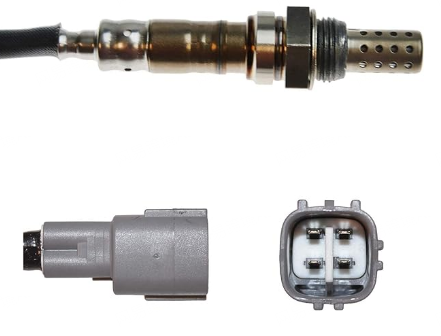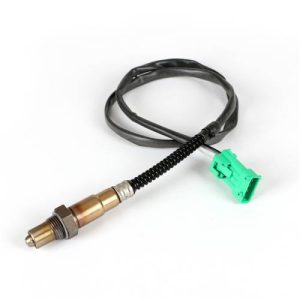Your cart is currently empty!
Is it common for O2 sensors to fail?Does changing O2 sensor affect performance?
In the realm of automotive maintenance and diagnostics, oxygen sensors, often referred to as O2 sensors, play a critical role in optimizing engine performance and reducing harmful emissions. In this article, we will delve into the commonality of O2 sensor failures and explore how changing these sensors can impact the performance of your vehicle.

The Prevalence of O2 Sensor Failures
Oxygen sensor failures are not uncommon in the automotive world. These sensors are exposed to harsh conditions, including extreme temperatures and exposure to exhaust gases. Over time, this exposure can lead to sensor degradation and eventual failure. However, the frequency of O2 sensor failures can vary depending on several factors:
Mileage: High mileage vehicles are more likely to experience O2 sensor failures as the sensors wear out over time.
Quality of Fuel: Poor-quality fuel or contaminated fuel can accelerate sensor degradation.
Maintenance: Regular maintenance and timely replacement of air filters, spark plugs, and fuel filters can help extend the lifespan of O2 sensors.
Environmental Factors: Vehicles driven in areas with high levels of pollution or heavy traffic may experience sensor failures sooner.
How Changing O2 Sensors Affects Performance
Changing O2 sensors can have a significant impact on the performance of your vehicle. Here are some key ways in which replacing O2 sensors can affect your vehicle:
Improved Fuel Efficiency: A failing O2 sensor can lead to incorrect air-fuel mixture readings, which can result in reduced fuel efficiency. Changing a faulty sensor can restore optimal fuel efficiency.
Emissions Control: O2 sensors are crucial for emissions control. A malfunctioning sensor can cause your vehicle to emit higher levels of harmful pollutants. Replacing it ensures that your vehicle meets emissions standards.
Engine Performance: O2 sensors help the engine control unit (ECU) adjust the air-fuel mixture for optimal performance. A failing sensor can lead to rough idling, decreased power, and poor acceleration. Replacing it can restore smooth engine operation.
Catalytic Converter Health: Faulty O2 sensors can cause damage to the catalytic converter. Replacing them promptly can prevent costly catalytic converter repairs or replacements.
Conclusion:
In conclusion, O2 sensor failures are not uncommon in the automotive world, and their frequency can depend on various factors. Regular maintenance and timely replacement can help extend the lifespan of these sensors. Changing O2 sensors when necessary is crucial for improving fuel efficiency, emissions control, and overall engine performance. Neglecting a failing O2 sensor can lead to decreased performance, reduced fuel economy, and potential damage to other critical components of your vehicle.






Leave a Reply